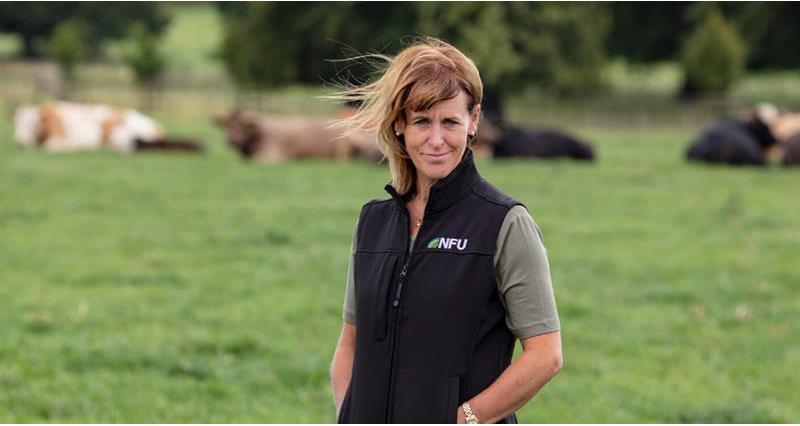“A comprehensive approach across the whole UK economy is needed, and when it comes to farming we need to focus on the whole agricultural system. In the NFU’s own plans for net zero agriculture, planting trees and hedgerows to increase carbon stores on farmland play a crucial part, alongside increasing productivity – producing more from less – to deliver low-carbon farming as well as boosting renewable energy and bioenergy production.
“When talking about changing diets, plant-based products do not always necessarily have a lower impact on the environment. It all depends on where and how the ingredients have been produced, the environmental pressures involved in its production, the environmental management associated with that country’s agricultural system and the environmental resources available, as well as how far the product has travelled.
“65% of British land is only suitable for grazing livestock and we have the right climate to produce high quality red meat and dairy. Therefore it makes sense that, when talking about environmental impact, as the report suggests, the public continues to support British livestock production.
“This is not just about reducing domestic and global greenhouse gas emissions, but protecting our natural environment as well. Water is the world’s most valuable resource but it is coming under pressure. In the UK, we have the means to manage our water far better, and we need to see this replicated in government policy.
“We can also be far more ambitious when it comes to cutting food waste. The NFU believes the UK should be aiming for a 50% waste reduction throughout the whole food supply chain, which would also relieve pressure on people to make dietary changes.
“I believe British farmers are very much part of the solution. We want to be the model for climate-friendly food production around the world – food production that continues to include nutritious beef, lamb and dairy products for the world to enjoy as part of a healthy, balanced diet.”
Agriculture as a whole contributes 10% to the UK’s GHG emissions. This compares to transport which contributes 27% and energy which contributes 24% (BEIS).
